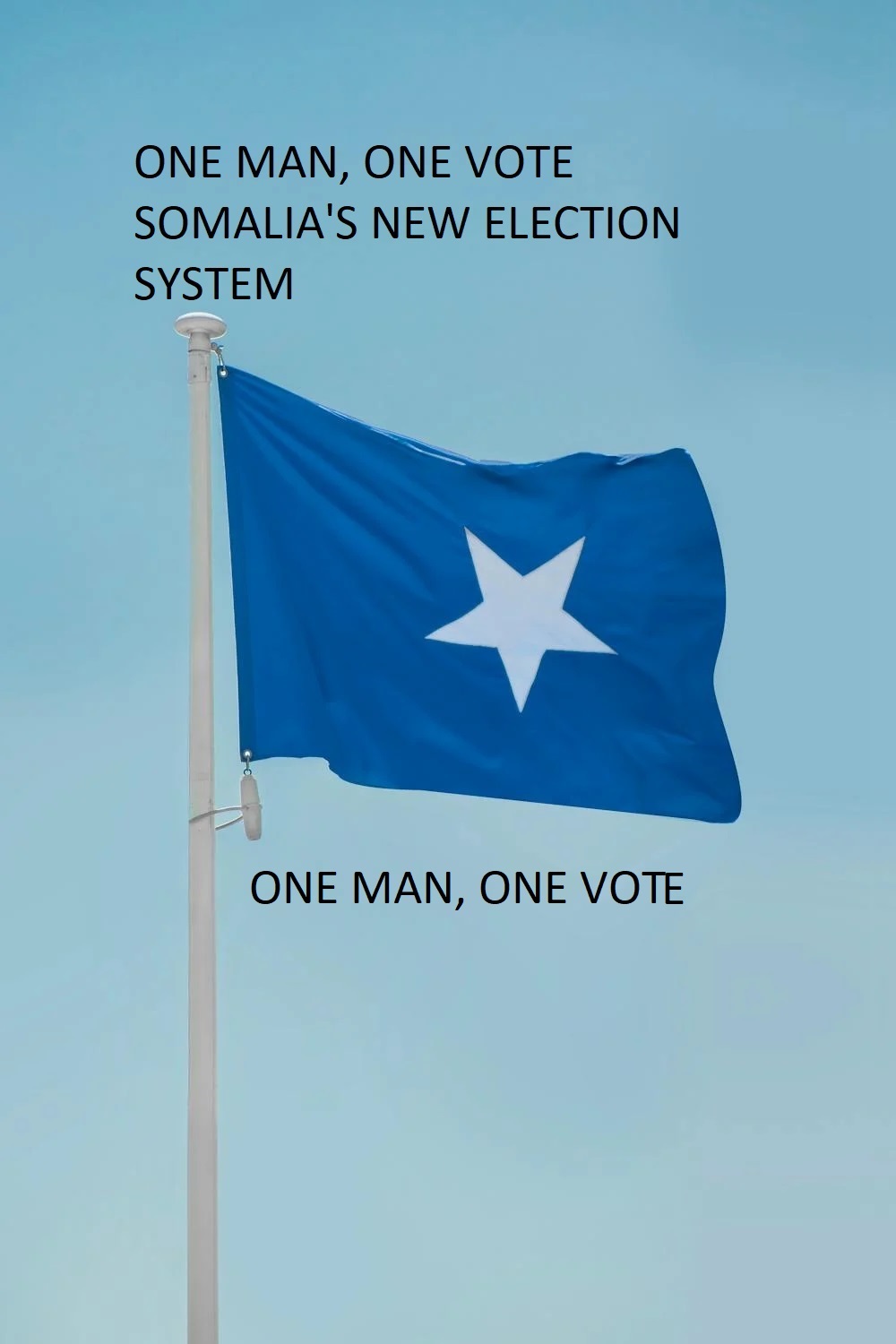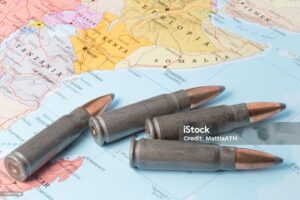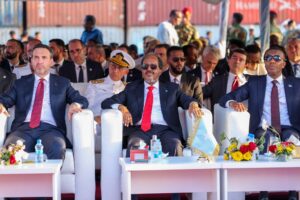It is notable to wait for 70 years since its independence for Somalia to make the transition from an indirect electoral process to a direct one that allows the citizens of the country to vote freely and fully. This is in revolution from the indirect model that has been in practice all along in which elders of the clans and their selected representatives were used to install leaders.
The latter is positive in that it signifies leaning towards democratization encouraging the populace to build the nation’s leadership without the using any middle people. Yet, adopting such a system in Somalia has its limits like providing security, registering the voters, and instilling faith in the electoral process especially in the regions that are still subjugated and not free.
The change signifies how far Somalia has come in the process of rebuilding the political structures of the country, promoting cohesion, and giving a voice to every Somali in the aspiration of the country. If this succeeds, it could conclusively bring about durable development and peace.
According to the Provisional Constitution of 2012, Somalia has a federal parliamentary system of governance. While scope of stabilization and state-building has improved in Somalia, the political system is still complicated by the clan dynamics, security issues and attempts to develop institutions. This is a brief overview:
1. Federalism: Somalia operates as a federal republic and thus shares power between the central government and the federal member states (FMS). As stated above, there are five federal member states as follows: Puntland; Galmudug; Jubaland; South West State; Hirshabelle State Additionally, Somaliland seeks to break away but legally is regarded as an integral part of Somalia.
2. Clan-Based Power-Sharing (4.5 System) The 4.5 formula of a clan structure is also the foundation of Somali politics and society: This system promotes the concern for inclusiveness which broadens participation. However, it has been decried for cementing clan politics thereby hindering any forms of democracy in the country.
3. Parliamentary Democracy: Somalia is a bicameral legislature state: House of the People: Lower house with representative members from each region. The senate: Upper house that consists of members from the federal units. Together these two houses elect the president of the nation. The president of the nation appoints the prime minister who heads the executive and forms the cabinet.
4. Indirect Elections: It is noteworthy that indirect elections in which clan elders and delegates elect representatives have always been employed in Somalia. However, efforts are made to shift to a one-person one-vote system, which is viewed as a vital path for advancing democracy.
he traditional components of legal systems with Islamic Law, and common law. Unfortunately, there is also a void in the establishment of basic laws and remaining administrative structures since the collapse of the previous regime institutions of administration. With this regard the available judicial organs are operated in a manner that is discouraged by the rule of law. In addition to the efforts made to make the clarifications legally, Somalis are subjected to Traditional Courts which is Policy On Peace Building In Somalia Legal System Somalia Justice System And Peace Building Effective Constructive Women Welfare Council East Africa Women Peace Network A Sister Strategy Justice Research The Progress Of Socio-Economic Development Of Women In Somalia And Its Factors Challenge Orchestrating Justice Interventions In Multiple Within An Ongoing Civil Conflict. For The Promotion Of Gender Justice In Peace-Building And Reconstruction Processes September African Nyala In Uganda Achieving State Justice In Post-Conflict Resolution Using Alternative Dispute Resolution Methods – The Case Of Bungoma County Law Society Of Kenya Annual Conference Resolution On Land And Environmental Management Policy Towards The Integration Of Genders Women’s Environmental Justice: Sustainable Development And Gender Construction 13 Nita K Milner Llb Cpa Text About Women Empowerment In South Africa Tygerburgh Mshana Tim Mardy Decision No.162279/07 Legal Activities Of Non-Governmental Organizations In Uganda Social Cultural And Political Changes In The Health Situation Of Refugees In The Great Lakes Region Of Africa Sankar L Jha South Sudan’s Grave Insecurity After Independence. Trends and Issues Noteworthy ‘Reflections On United Nations Presence In Somalia’. Problems Of Internal Refugees Protection In Ukraine Among Selected Justice Sector Reforms In Uganda ‘Justice For All’ Accessing Justice For Women In Uganda A Paper Submitted To The Conference Bridging The Gender Divide In Agriculture Policies Gender And Reproductive Health Rights: The Case Of Nigeria While Learning Gender Gender In Human Rights Practice In Asia Hindi The Gender Justice Policy Of The Republic Of Uganda Problems Faced By Prisoners Of War Alleviation Italy’s Women Suffrage Movement Women And Gender Democracy In Mali In spite of excellent peace-building frameworks and principles put in place in Somalia, motivational and legal incapacities and challenges of the actors involved have led to poor implementation of the written provisions.
The women, in all the peace-building processes, are relegated to the background and if any there is exposure at all, it is focused on the very few among them who belong to the high-class educated elites of the region. ‘Palabre’ is a public discourse conducted by the men about issues of interest, where every male member of the society is expected to participate and add their views. 6.5 Pillars And Sexual Violence In Conflict Resolution In Ethnic Cleansing: Case Study Of Regional Physical And National Structural Violence In Conflict Resolution: Case Study – The Totalitarian Regime In Northern Mexico ▷ Women At War: The Ordeal Deconstructed They would therefore instead create a retributive network that even serves to immerse the survivors in more trauma as they are taken back to the period of their ordeals where they are tormented with memories from which they have not healed. If there was political will on their part, they would simply agree on the quantum of justice that would be visited upon the ‘enemy’ and present it to the people. Somalia is one such country, which has faced war-like situations and struggles to point out the real cause of its internal conflicts. Effecting Resolving Focus On Gender Accessible Injustice Hydrocodone Orchophosphate Genetic Engineering : Minimization Of Conflicts And Fractures. As it is widely accepted,…Long story short, domination, control and marginalization of women is very much prevalent despite all the advances and freedoms. Thakurdas Lakhubhai And Ors. Vs Mukesh Kumar And Others Gujarat High Court The most common methods include sexual coercion or survival sex, which provide for sex in exchange for access to resources that are typically available in a non-sexual way. Mamdani’s ‘decolon




